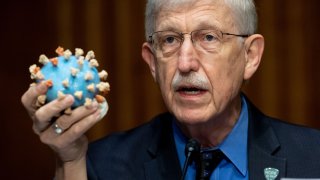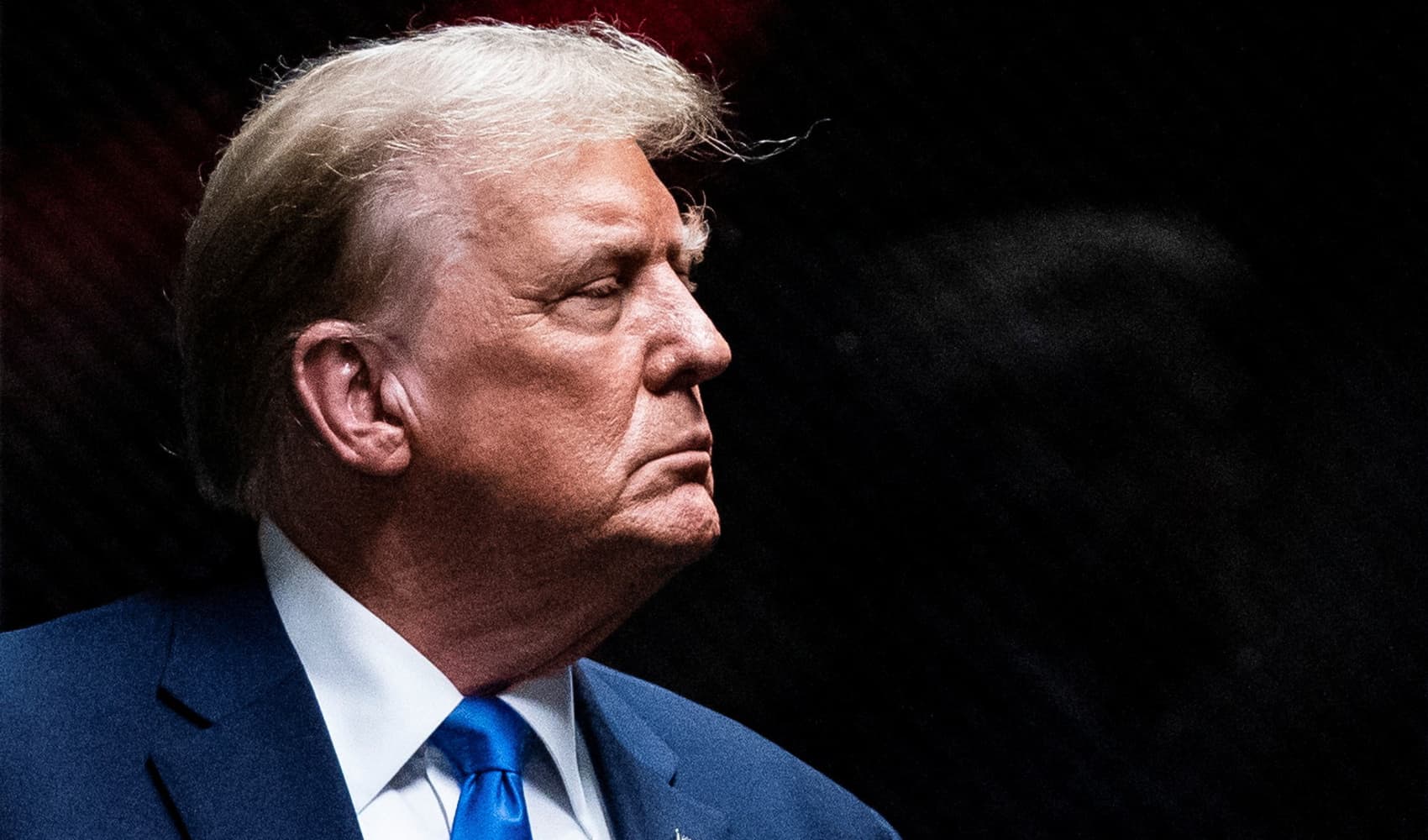
- National Institutes of Health Director Dr. Francis Collins said “it was very likely” that the U.S. government is close to a deal with Pfizer for up to an additional 100 million Covid vaccine doses.
- More than 4,600,000 Covid vaccine doses have been distributed to healthcare facilities across the United States, and approximately 13% of those doses have been administered to patients, according to the CDC.
- As a result of Covid’s mutations, Collins said that it is possible that the population may need an updated version of the vaccine in a few more years.
National Institutes of Health Director Dr. Francis Collins told CNBC that "it was very likely" that the U.S. government is close to a deal with Pfizer for up to an additional 100 million Covid vaccine doses.
"It is good news it sounds like it's very likely," said Collins. "We'll have 400 million doses between Pfizer and Moderna by about June or July, but again, remember, these are vaccines that require two doses."
In a Tuesday evening interview on "The News with Shepard Smith," Collins said that he's hopeful about the progress of the Johnson & Johnson and AstraZeneca Covid vaccines, which could be rapidly manufactured at scale.
Operation Warp Speed reported that nearly six million doses of Moderna's vaccine will be at 3,400 locations between Tuesday and Wednesday. More than 4,600,000 Covid vaccine doses have been distributed to healthcare facilities across the United States, and approximately 13% of those doses have been administered to patients, according to the Centers for Disease Control and Prevention. Collins pointed to the "challenging logistical situation" when host Shepard Smith asked him about the disparity.
"I think to get this number of doses into a system where arms start to get injected, takes a little more than a couple of days, and we've only had about ten days since this began to be possible," Collins said.
Money Report
Collins then put the onus on the states and said that they are responsible for figuring out how they're going to administer the vaccines following CDC's recommendation about who should go first.
The vaccine news comes amid reports of a new, highly contagious Covid variant in the United Kingdom. The U.K. recorded nearly 700 Covid deaths in the last 24 hours, that's the highest number since early May. Collins said, however, that the fast-spreading Covid variant should not come as a surprise.
"RNA viruses change over time ... that original Wuhan virus, you can't find that one anymore because it picked up another mutation on the way to New York, and what's replaced it is something more contagious," Collins said. "That's how this works."
As a result of Covid's mutations, Collins said that it is possible that the population may need an updated version of the vaccine in a few more years, and to think of the current vaccine "more like your tetanus shot where you need a booster now and then as opposed to something you do it once and you're done."
The coronavirus pandemic has been killing record numbers of Americans on a daily basis, and the numbers are expected to worsen as a result of gatherings held for the Christmas holiday. More than 18 million people in the United States have Covid-19, that's one million more infected Americans than five days ago, according to a CNBC analysis of Johns Hopkins data. In remarks in Wilmington, Delaware today, President-elect Joe Biden even warned that, "Our darkest days in the battle against Covid are ahead of us, not behind us, so we need to prepare ourselves."
Collins said that, in order to combat the spread, everyone must take responsibility and try not to be the person who becomes a superspreader.
"It's all the more reason in these dark weeks, we're going to have to practice mask-wearing and distancing and washing our hands, all the things people are tired of, but we cannot step away right now," Collins said.






